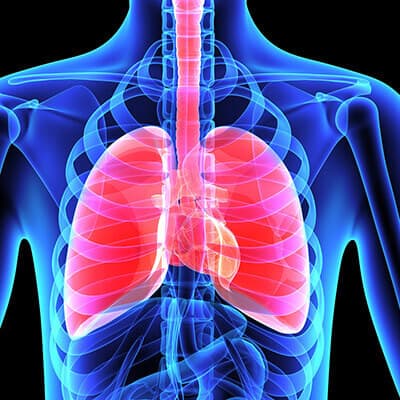Drugs have been around for centuries. While some people might think of drugs as a harmless way to unwind or escape reality, the truth is that they can have some seriously damaging effects on the body. From the brain to the liver, drug addiction can have severe physical and mental health consequences that can impact the body’s vital organs. Unfortunately, in many parts of the world, drug abuse has become a widespread problem that affects people of all ages and walks of life. In the UK too, drug abuse has been on the rise, with more people seeking help from drug rehabilitation clinics than ever before.
Here’s a no-holds-barred look at five of the most harmful ways drug abuse can impact your physical health.
- Brain Damage
The brain is a crucial organ that controls everything from our thoughts to our movements. Unfortunately, drugs can cause serious damage to this crucial organ. For example, drugs like cocaine and methamphetamine can cause the brain’s blood vessels to narrow, reducing the amount of oxygen that reaches the brain. Over time, this can lead to brain damage and even stroke. Long-term drug use can also cause changes in brain chemistry, leading to a host of mental health issues, including depression, anxiety, and psychosis. Addiction counselling along with other therapies, is often necessary to prevent these negative effects.
- Liver Damage
The liver is responsible for filtering toxins from the body, but drugs can overwhelm this vital organ, causing irreparable damage. Alcohol is perhaps the most well-known liver toxin. It can cause a range of liver problems, from fatty liver to cirrhosis. However, other drugs can also damage the liver, including cocaine, methamphetamine, and even some prescription medications. Drug addiction can also cause hepatitis, as drugs can damage liver cells and cause inflammation. In some cases, long-term drug use can even lead to liver failure.
- Heart Disease
Drugs can take a heavy toll on the heart and can interfere with its function of pumping blood throughout the body. Cocaine and methamphetamine, in particular, can cause the heart to beat irregularly, leading to arrhythmia. Over time, this can lead to heart disease and even heart attack. Long-term drug use can also cause the heart to weaken, leading to heart failure. Opioid abuse is also associated with heart problems. These drugs can slow down breathing and reduce the amount of oxygen that reaches the heart. This can damage the heart muscle and lead to heart failure.
- Respiratory Issues
Many drugs are ingested by smoking, which can cause a host of respiratory issues, from chronic coughing to lung infections. For example, smoking crack cocaine can cause lung damage, chronic bronchitis, and even pneumonia. Smoking marijuana can also cause respiratory issues, including chronic bronchitis and lung infections. In addition, opioids like heroin and prescription painkillers can depress breathing, which can be fatal in high doses. In some cases, drug abuse can lead to respiratory failure, which occurs when the lungs are not able to supply sufficient oxygen to the body.
- Muscle and Bone Weakness
Drug abuse can also lead to muscle and bone weakness, which can have a significant impact on physical health. Drugs like steroids can cause the muscles to grow rapidly, but overuse can lead to muscle weakness and atrophy. Similarly, drugs like methamphetamine can cause muscle breakdown, leading to weakness and wasting. In addition, drug addiction can weaken the bones, making them more susceptible to fractures and other injuries. This is because drugs can interfere with the ability of the body to absorb and use calcium, which is essential for healthy bones. Additionally, drugs can make a person dizzy, resulting in an increased risk of fractures.
As we can see, drug abuse impacts every vital organ of the body, and the consequences can be severe and long-lasting. It’s important to remember that drug addiction is a disease, and like any disease, it requires treatment. It’s crucial to understand the harmful effects of drug abuse to take the necessary precautions and seek immediate help from a drug rehabilitation clinic in the UK. Treatment options include therapy, support groups, and medication-assisted treatment, which can help to manage withdrawal symptoms and cravings. The help and support provided by a drug rehab centre can go a long way when it comes to preventing the devastating consequences of drug addiction.

